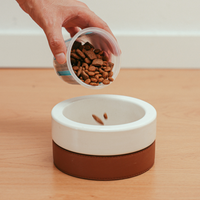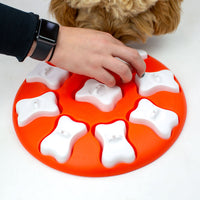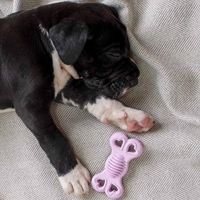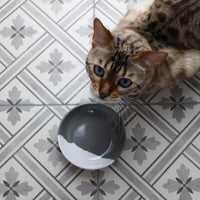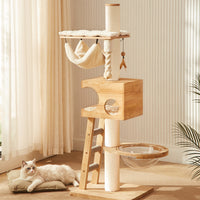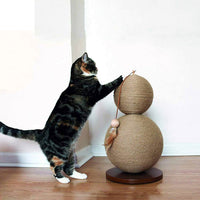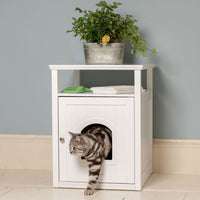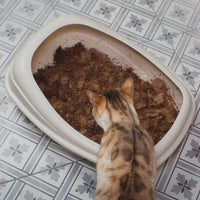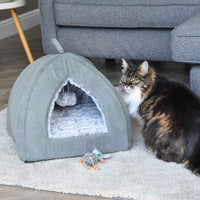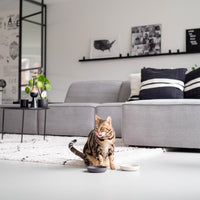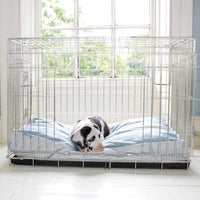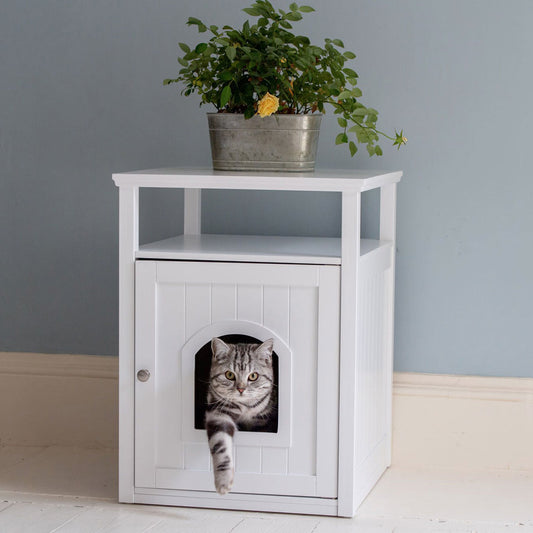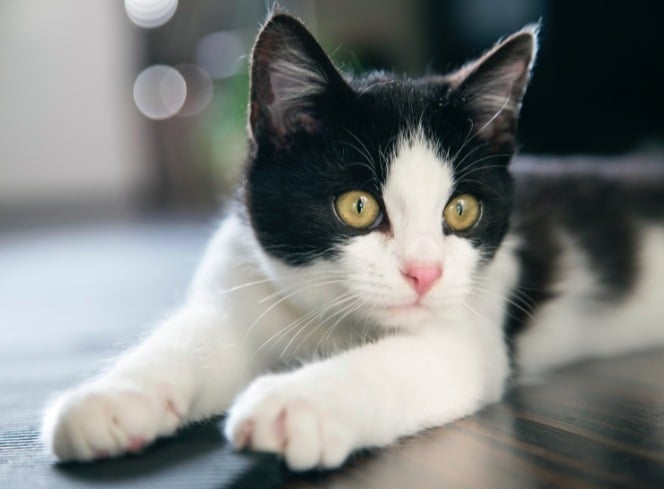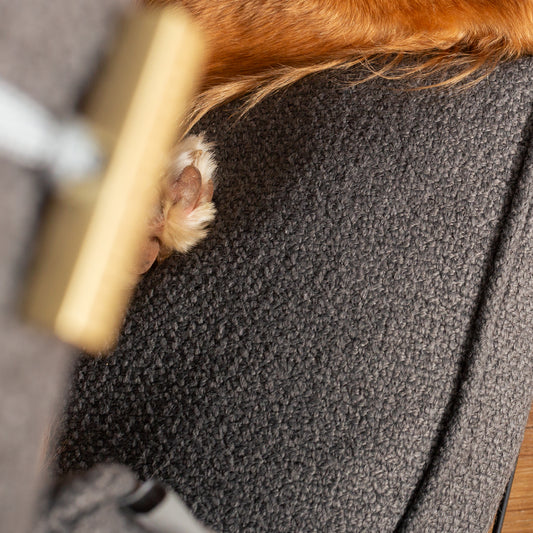Having your cat pee on your bed can be frustrating and concerning. It's a common issue faced by many cat owners, and understanding why this behaviour occurs is the first step toward resolving it. In this comprehensive guide, we'll delve into the reasons behind this behaviour and provide effective strategies to prevent your feline friend from turning your bed into their personal litter tray.
Understanding the Reasons Behind the Behaviour
Medical Issues:
Before assuming it's a behavioural problem, rule out any underlying medical conditions. Urinary tract infections, bladder stones, or other health issues might cause discomfort, leading your cat to urinate outside the litter tray, including on your bed.

Stress or Anxiety:
Cats are sensitive creatures, and changes in their environment or routine can cause stress. New pets, visitors, moving to a new house, or even changes in your schedule can trigger anxiety in your cat, resulting in inappropriate urination
Territory Marking:
Cats are territorial animals. They might pee on your bed to mark their territory, especially if they perceive it as a safe and comfortable spot that carries your scent.
Effective Strategies to Prevent Cat Peeing on Your Bed
- Consult a Vet: If your cat is suddenly urinating outside the litter tray, a visit to the vet is crucial. Ensure there are no underlying health issues causing this behaviour.
- Maintain a Clean Litter Box: Keep the litter tray clean and appealing to your cat. Regularly scoop it and ensure it's in a quiet, accessible location. Some cats are particular about cleanliness and may avoid a dirty litter tray.
-
Address Stressors: Identify and eliminate stress triggers for your cat. Provide hiding spots, vertical space such as cat trees, and interactive toys to reduce anxiety. Slowly introduce changes to their environment to minimise stress.

- Use Positive Reinforcement: When your cat uses the litter tray appropriately, praise and reward them. Positive reinforcement encourages desired behaviour.
- Modify Bed Access: Prevent access to your bed when you're not around. Close doors or use deterrents like aluminium foil or double-sided tape to discourage them from getting on the bed.
- Utilise Scent Neutralisers: Thoroughly clean any urine spots with enzymatic cleaners to eliminate the odour. Cats may revisit places they've previously marked, so neutralising the scent is crucial.

Understanding why your cat is urinating on your bed is pivotal in finding a solution. Remember, patience and consistency are key. With a systematic approach that involves addressing potential health issues, reducing stress factors, and positive reinforcement, you can help your cat reestablish appropriate litter tray behaviour and keep your bed urine-free.
If the problem persists despite your efforts, seeking guidance from a certified animal behaviourist or a veterinarian specialising in feline behaviour can provide further insights tailored to your cat's specific needs.
By implementing these strategies and showing understanding towards your feline companion, you can successfully tackle this unwanted behaviour and restore harmony in your home.
















